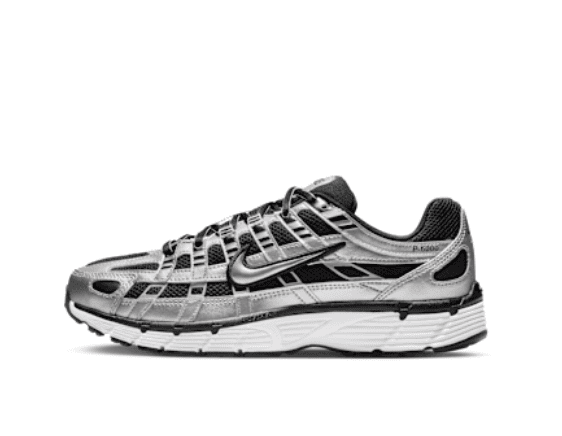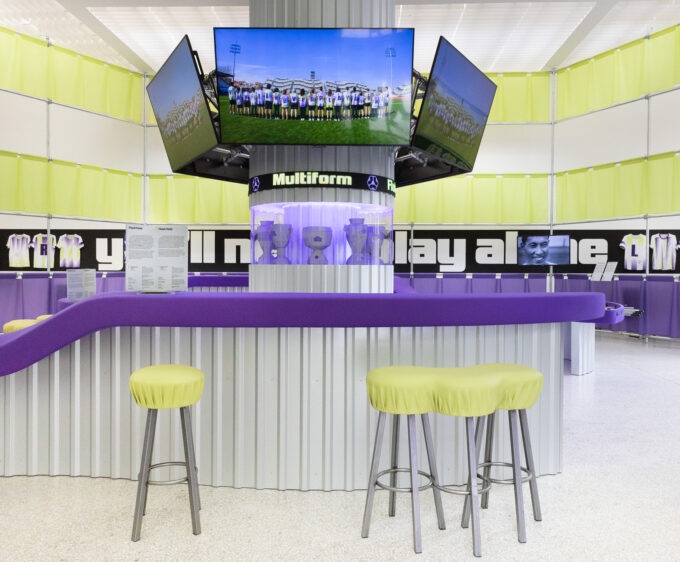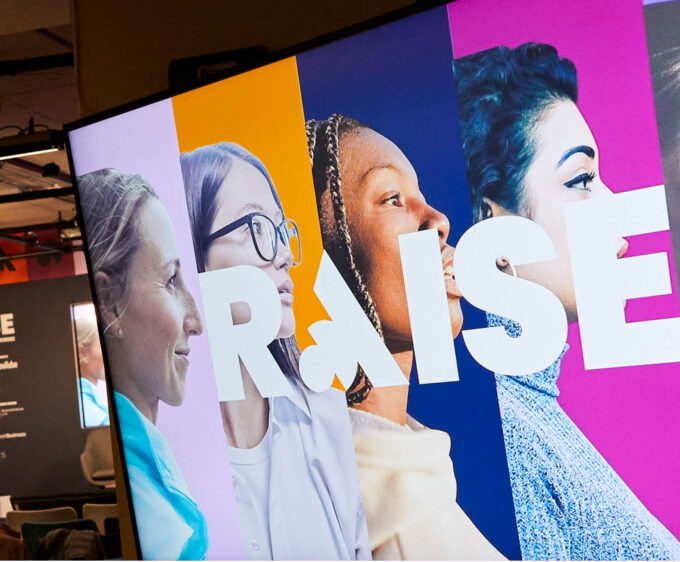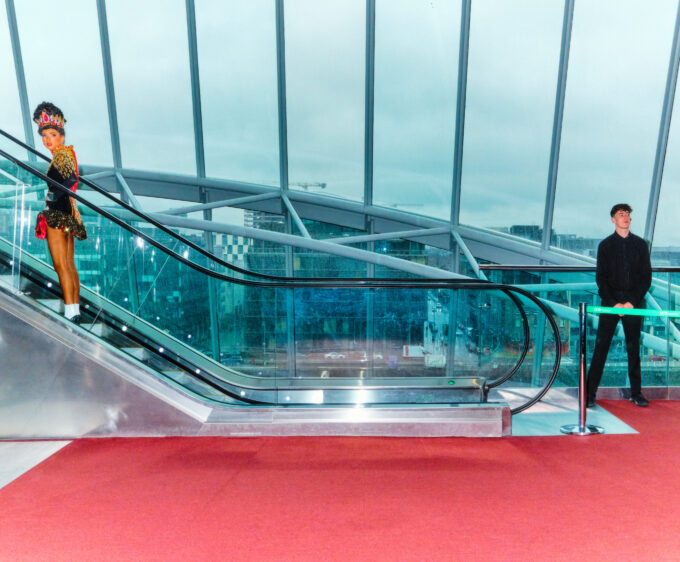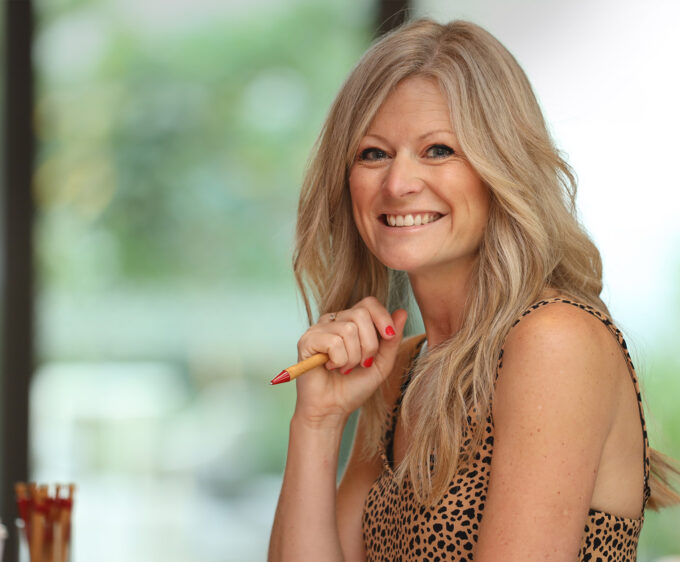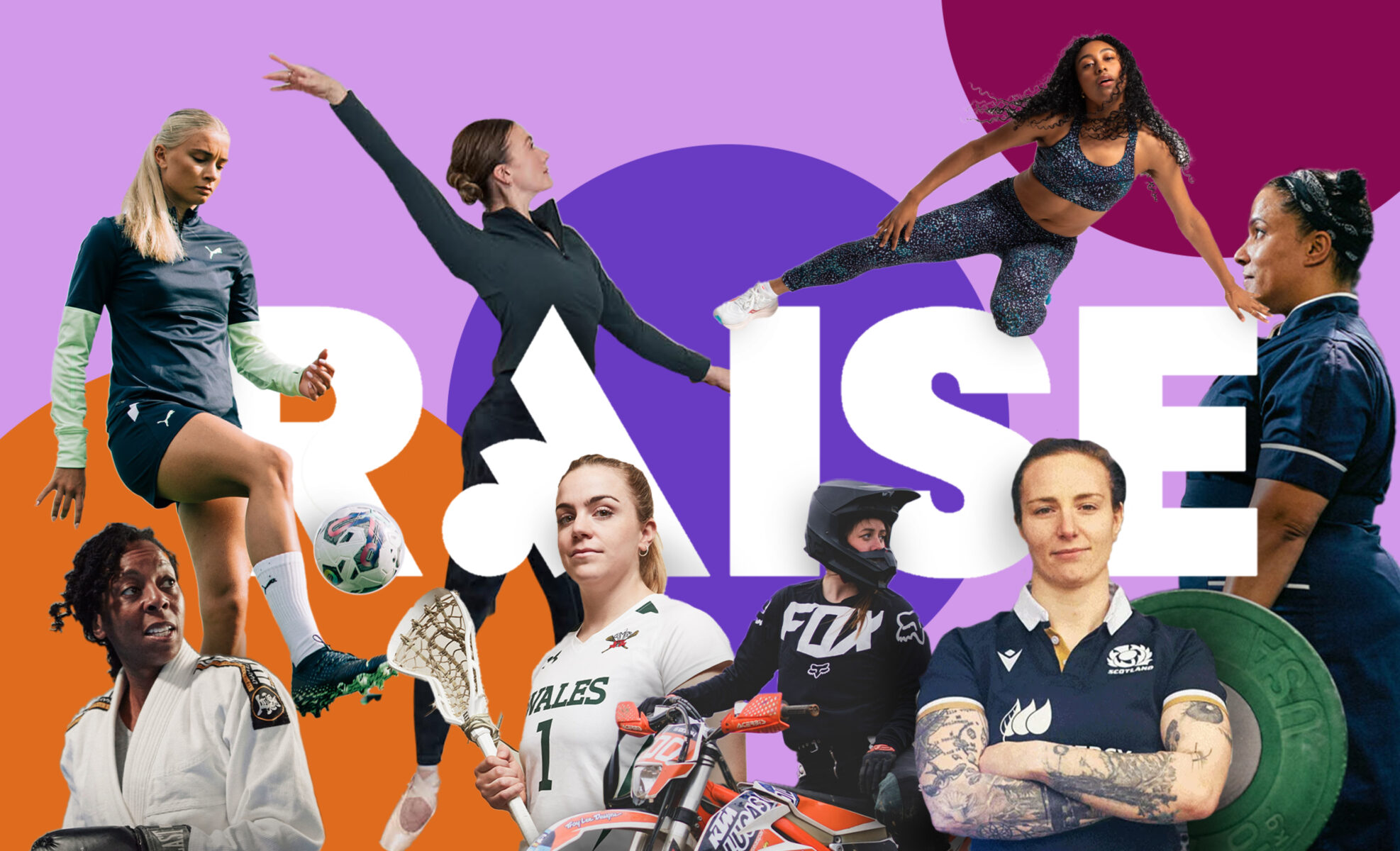
RAISE Up
Stadiums are full and press releases loud, but power doesn’t shift on vibes alone. RAISE Global Women’s Sport Conference returns to cut through the noise and confront what’s holding the sector back. The conversations are direct, expectations high, and if you’re serious about change, being in the room is essential.
By Natasha
There are moments, looking at the numbers, when it genuinely feels like women’s sport has arrived. Stadiums are packed. Sponsors are committing. Broadcast schedules are edging closer to balance. From the Lionesses’ homecoming crowds to netball’s sell-out arenas and women’s cricket pushing into the mainstream, the growth is clear. Tangible, even. But just as quickly, the reality settles in. Headlines are one thing, but real systemic change across the entire women’s sector is another.
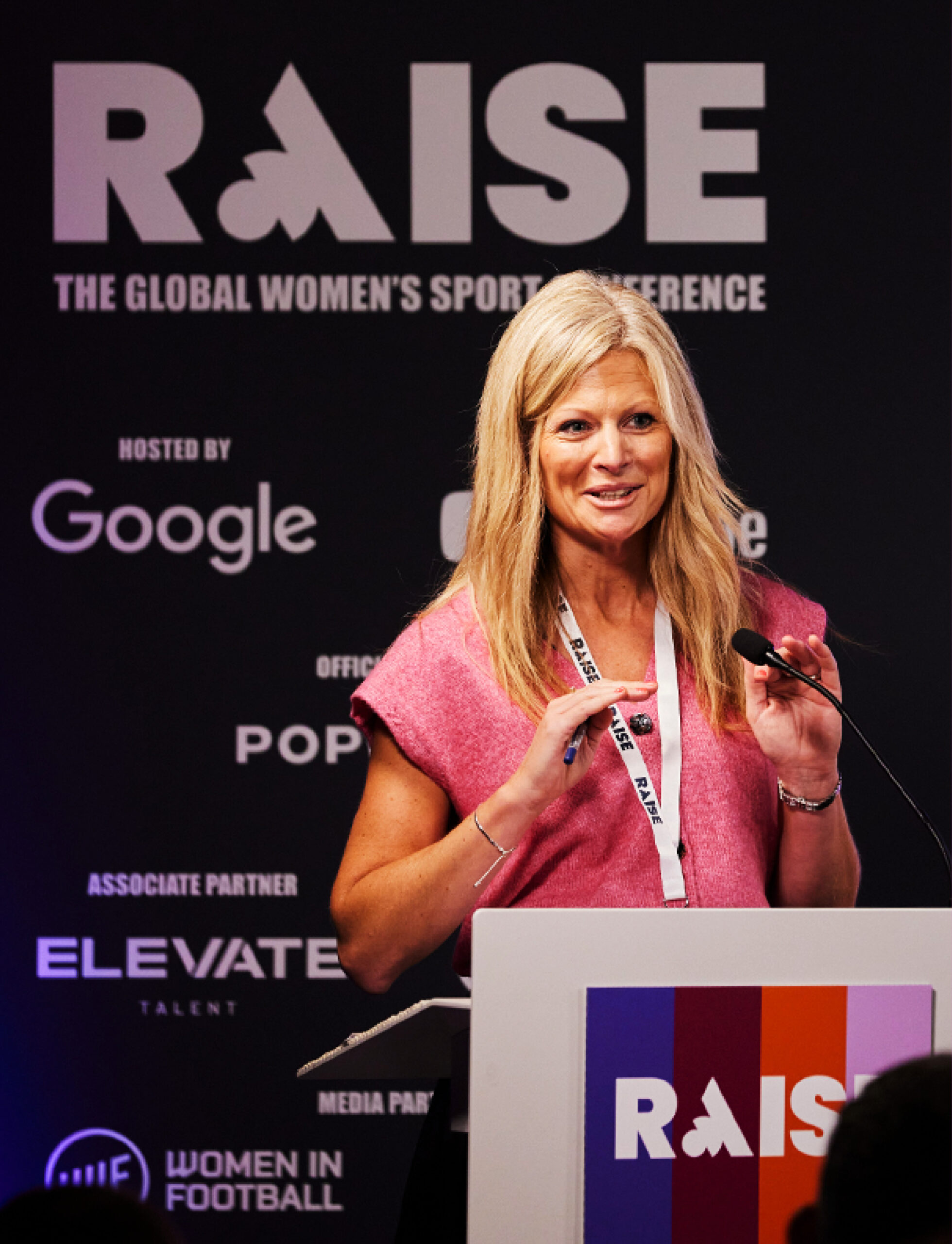
RAISE, the Global Women’s Sport Conference, returns this September in London not to pat the industry on the back, but to examine its foundations. The women’s sport sector is no longer a promising idea or a hopeful experiment. It’s a commercial and cultural reality. But visibility does not equal equity, and energy alone won’t solve structural same-old. Progress depends on who holds the power, who shapes the strategy, and who still finds themselves stuck at the threshold of conversations they were told they belonged in.
Last year’s edition of RAISE, hosted at Google HQ, brought together 140 senior decision-makers from across the women’s sport ecosystem. Dozens more remained on the waiting list. This year, RAISE takes place at Mary Ward House in London and will host a global mix of top-level executives, athletes, investors, broadcasters, governing bodies, marketers and strategists, all with one thing in common: they’re in positions to drive change.
But it’s not just who attends that matters. It’s how the space works. RAISE isn’t built for passive listening. There are no panels for panels’ sake. Sessions are interactive, challenging and honest. Everyone contributes. Everyone is accountable. The point is not to agree, but to push forward.
As Sally Corander, RAISE’s founder, explained to us, “I went to a couple of events and I just didn’t feel like they really hit the mark. I left feeling disappointed. That was the driver.” She built RAISE to break the mould. “It’s a high-level women’s sports business conference with open, honest content and a room full of decision-makers, built to spark real change,” Sally explains. “The event I’ve built is not just a conference. It’s a demand for better standards, better thinking and better outcomes.”
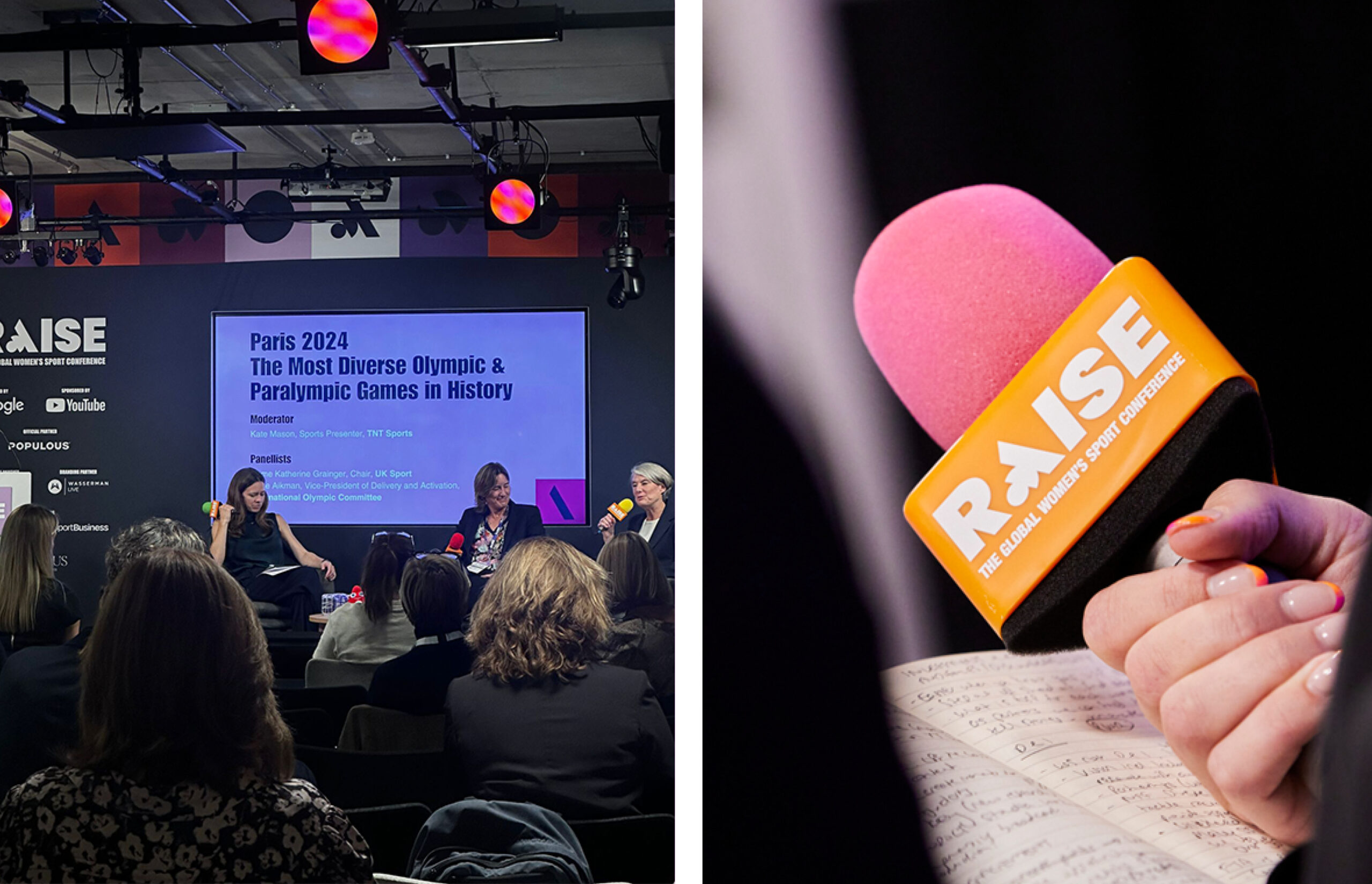
Whether you’re sceptical or nodding along, one thing is clear – change is both real and urgently needed. At Glorious, we look at women’s sport differently. We don’t follow traditional media cycles, we don’t just chase stats or platform the same stories everyone else is telling. We see women’s sport as a cultural space, not a category, and we explore it through creativity, community and lived experience. We constantly use audience insights to guide everything we create, from the content we cover to how we shape strategies and the creative work we produce for our brand partners. In doing this, we have found a landscape more complex and entrenched than we could have imagined.
We are not here to dismiss the work that came before us. Quite the opposite. The campaigners who fought for better PE lessons. The journalists, producers and organisers who pushed for coverage. The brands that took a chance. The quiet and not-so-quiet negotiations in boardrooms that unlocked funding and visibility. All of it laid the groundwork. Without that legacy, there would be no stadium sell-outs or headline moments. Thanks to those efforts, more girls and women see themselves reflected on screen, in posters, on sidelines and in leadership. The foundations are in place. But the job isn’t done. The conversation is shifting, and a new generation is carrying it forward.
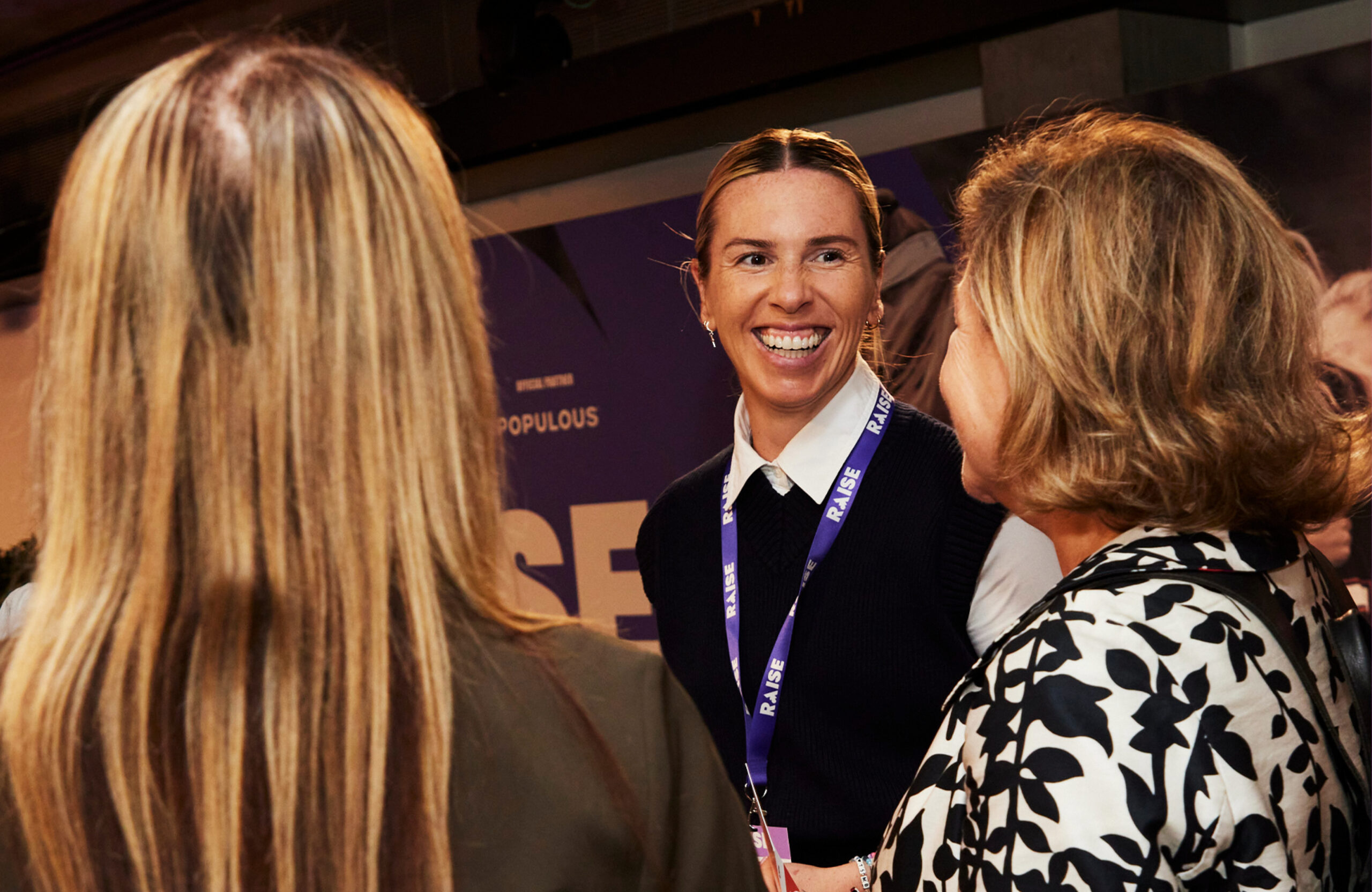
visibility
That generation is already here. They don’t need convincing that women’s sport matters – they’ve grown up with greater visibility and higher expectations. They move fluidly across sport, style, identity and digital culture. They want relevance, authenticity and proof that the industry is evolving with them. Representation isn’t a milestone. It’s the baseline for everything that comes next.
As women’s sport grows, so do expectations. The audience is broader, more diverse and less focused on traditional hierarchies. While many fans are already fully engaged, buying tickets, tuning into broadcasts, the real challenge is reaching those who are not there yet. They are interested and active but not fully sold in with the bigger picture. Growth requires sparking curiosity and building authentic connections over time, not just targeting ready-made fans. Our data shows that reaching a broader, diverse audience is essential for long-term success. Both nurturing new interest and supporting existing fans are vital parts of the journey forward.
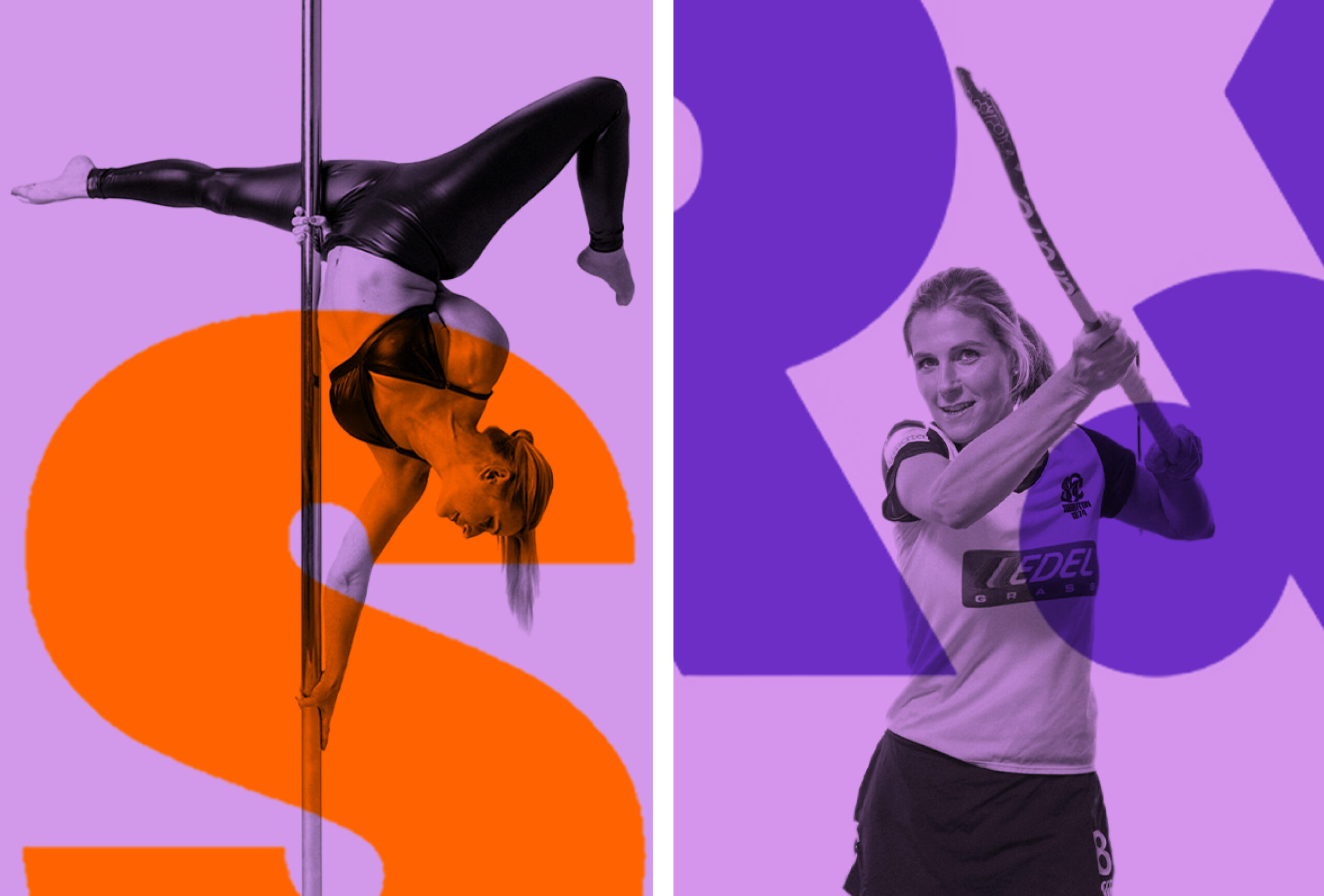
This kind of engagement is not easily defined. It does not fit neat categories. It cannot be smoothed into a case study or filtered through a traditional brief. We know our audience, connects through culture, fashion, investigative journalism, design, community and creativity. Their relationship with sport is thoughtful, personal and rooted in lived experience. Yet too often, they are overlooked, especially when they do not fit within the familiar frameworks sport is used to.
If women’s sport is serious about growth, these audiences must be part of the strategy from the start. The casual supporter, the creative community, the culturally connected cannot be an afterthought. Investing in the ecosystem around women’s sport is just as important as spotlighting what happens on the pitch. That means going beyond big campaigns with familiar faces and looking at the full spectrum of participation, visibility and relevance.
There’s exciting work happening right across women’s sport. Creators, athletes, collectives, brands, grassroots organisers and fans are bringing fresh energy and ideas, helping to grow the space in ways that feel more connected, more creative and more inclusive. For that momentum to take hold, it needs to be met with openness. Lasting progress means making space. Not just for different voices, but for new approaches and perspectives that can push things forward in unexpected ways. The potential is already there. The opportunity now is to build on it.
That’s why at Glorious, alongside our community, we’ve committed to doing things differently. We’ve collaborated with people inside and outside the industry who are building new models from the ground up- people who are asking better questions and pushing for fresh answers, not just rehashing old ones. Sally Corander is one of them. She saw that if the current formats weren’t working, it wasn’t time to tweak the edges. It was time to create something better.
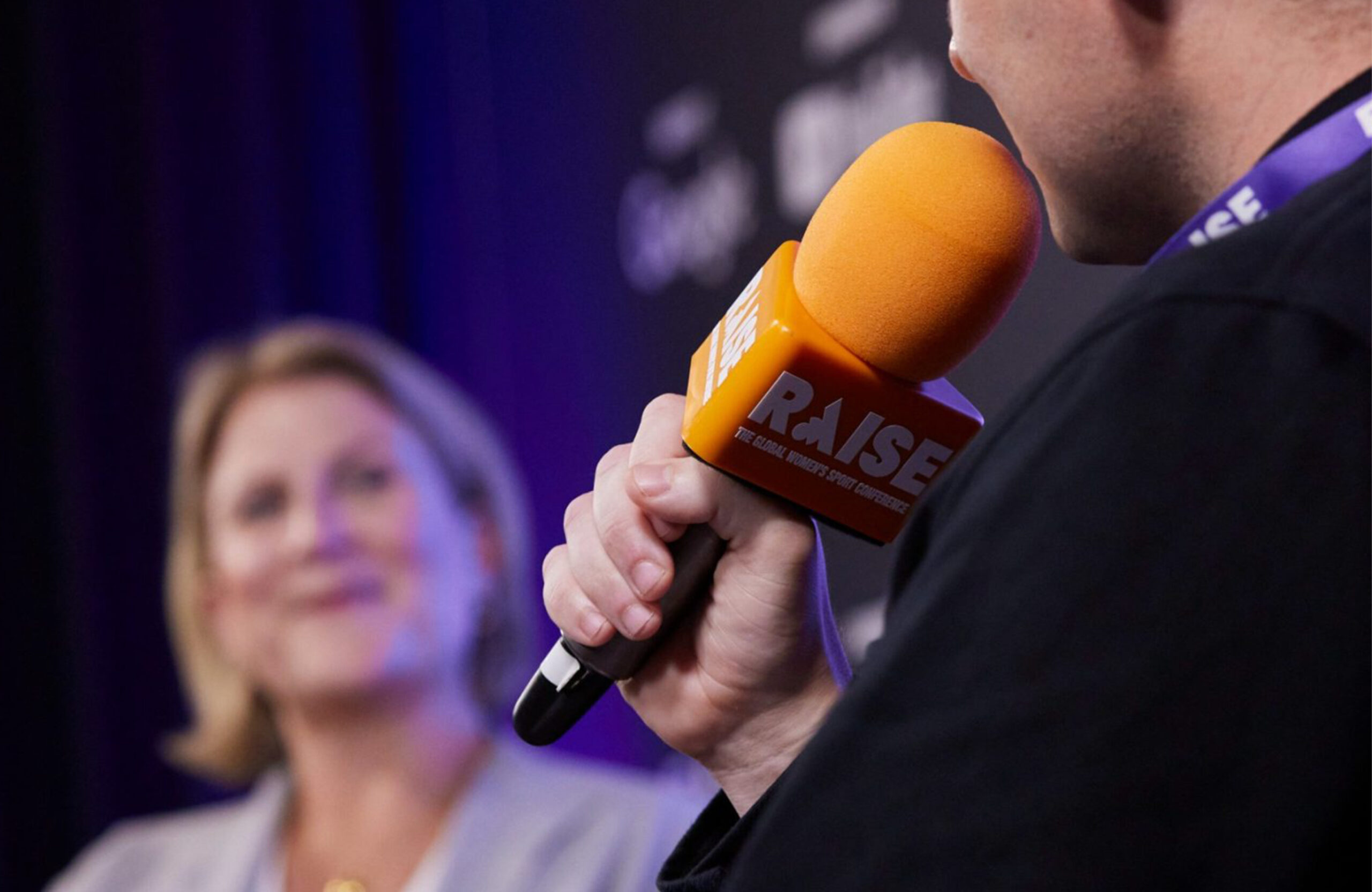
That’s exactly what happened last year. RAISE 2024 didn’t tiptoe around the issues. It went straight for them. From athletes discussing safeguarding and media pressure, to investors interrogating what commercial sustainability really looks like, RAISE felt different. It asked bigger questions. Who holds the money? Who gets the airtime? Who is being left behind?
Those sessions didn’t offer easy answers. But they showed what is possible when the right people are willing to speak with purpose, not polish. Executives from brands like WSL, DAZN, Sky, WTA and Google sat alongside funders and founders, athletes and agents. And they listened.
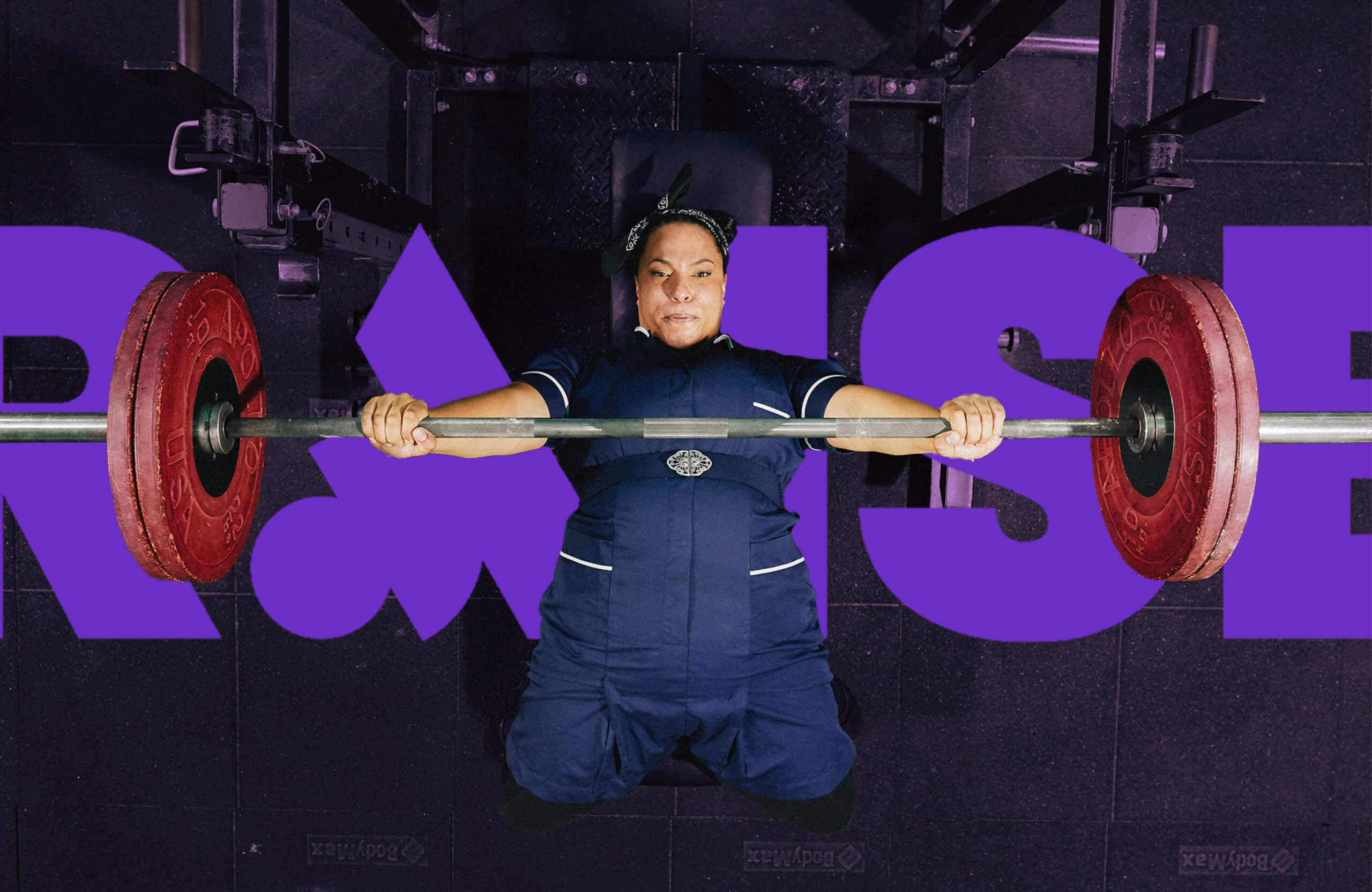
sustainability
RAISE is the product of more than just frustration. Sally’s background spans global sports marketing, grassroots coaching and social impact. In 2014 she founded INTERACT, initially launching the Sport Industry Forum in the UAE, an annual sports business conference designed to bring together leaders across the region. INTERACT is now a full-scale social impact agency, working with government, brands and communities to embed healthy activity and opportunity for girls and women in the UK and UAE. RAISE emerged as the natural extension of that mission, built specifically to tackle the lack of real progress in women’s sport and leadership by creating global spaces for decision-makers to have honest, accountable and action-focused conversations. And already it’s having ripple effects across the sector.
RAISE 2025 builds on the urgency of last year’s event, bringing together even more decision-makers shaping the women’s sport industry worldwide. Confirmed speakers include Giulia Mazzia, Commercial Director at Chelsea FC Women, Genevieve Shore, Chair of Professional Women’s Rugby, Heta Fell, Director of Social and Community Impact at Nike UK, Lindsey Eckhouse of Mercury13 and Sarah Massey, Managing Director of the Women’s Rugby World Cup. It’s not about profile. It’s about impact.
Together, they’ll tackle the hard edges of the athlete experience, not just medals and headlines, but questions around burnout, identity, income and media exposure. Commercial discussions will go deeper than shirt sales and viewership spikes. The agenda includes sessions on valuation hype, broadcast dynamics and the real drivers behind corporate investment. From community-led initiatives like “INSPIRE HER: Nike x Chelsea Foundation” to conversations about the creator economy’s influence, this year’s focus is sharper and more wide-ranging than ever.
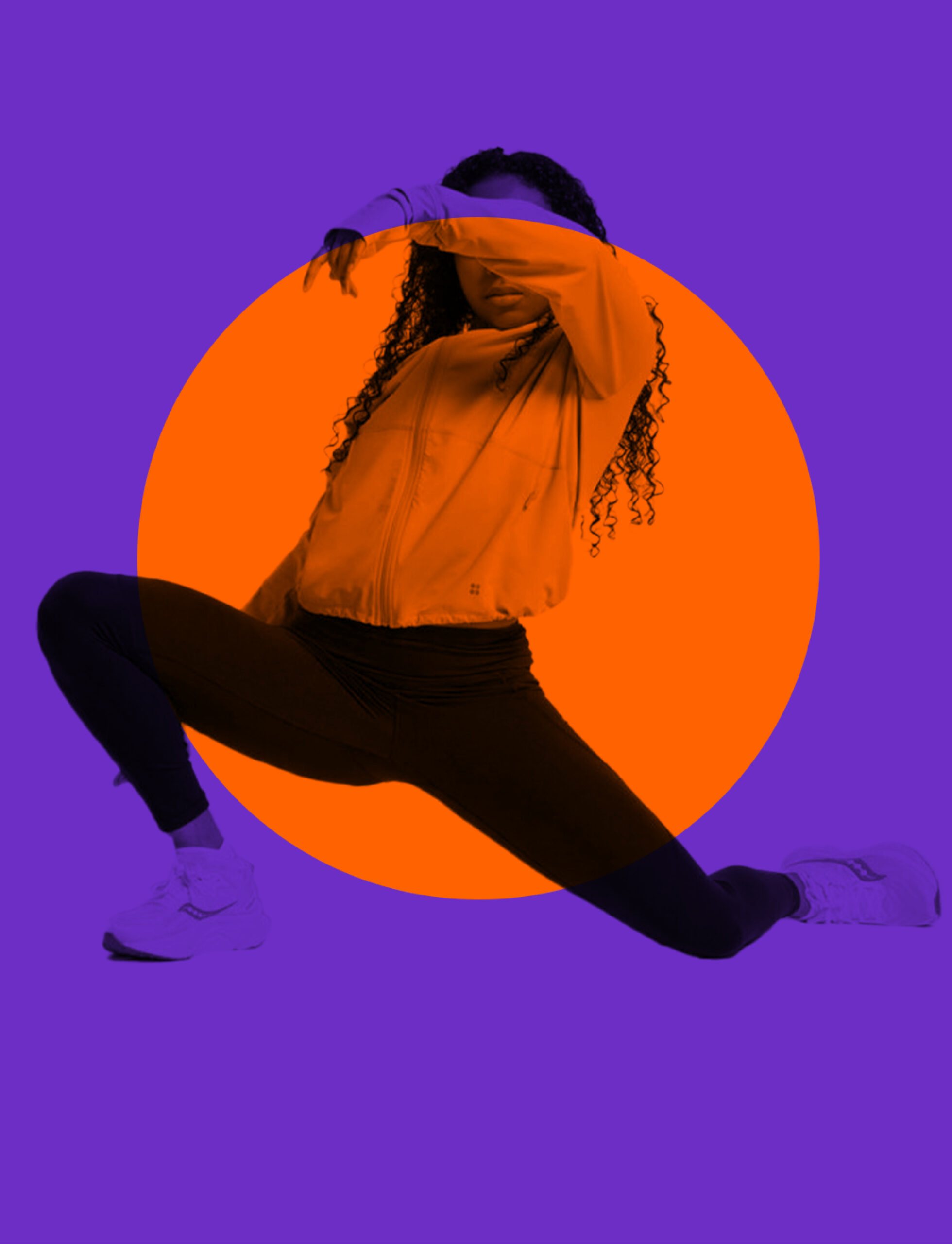
Because the numbers speak for themselves. According to the latest Active Lives Survey from Sport England, only 37 percent of women in the UK participate in sport weekly, compared to 45 percent of men. Globally, 84 percent of adolescent girls fail to meet recommended physical activity levels, according to UNICEF. Women now make up around 40 percent of board seats across Sport England and UK Sport-funded bodies, but many organisations still hover just above the 30 percent minimum. Senior roles such as Chairs and CEOs remain disproportionately male. And media rights in women’s football account for less than one percent of the men’s equivalent across Europe, according to UEFA’s 2023 commercial landscape report. These aren’t background stats. They’re structural clues.
That is why conferences like RAISE matter. Not because we need more celebrations, but because we need more scrutiny. If we stop asking questions, we risk turning momentum into marketing. If we avoid honest discussion, we miss the opportunity to do things differently.
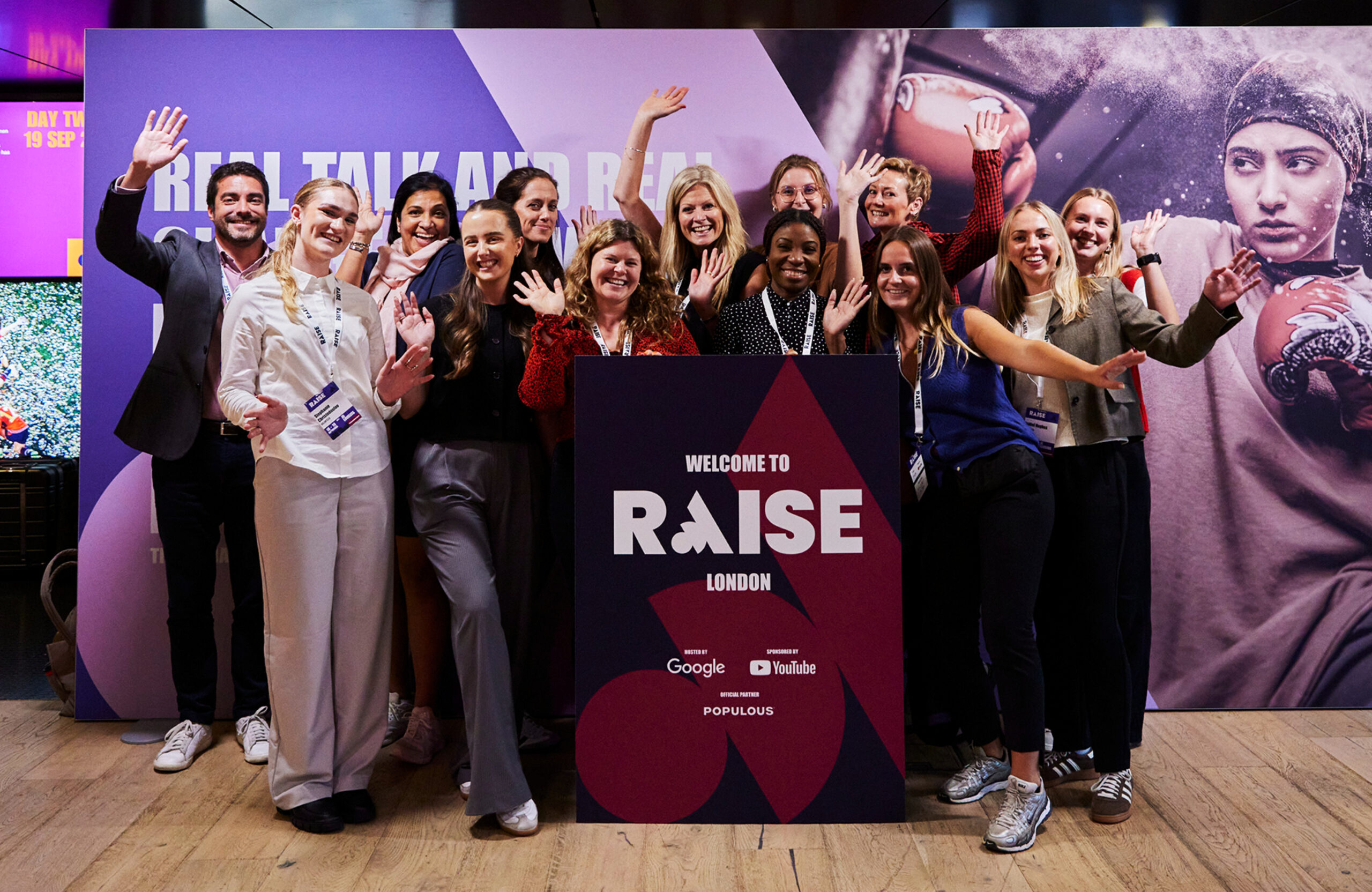
Glorious returns this year as content partner not to sit quietly, but to contribute with purpose. We’re bringing new creative to the space, quite literally, with walls adorned by extraordinary women from our community whose stories matter. Not just the stars, but the grassroots players, the fans, the communities, the next generation, the people building something meaningful without a spotlight.
The industry may be growing, but growth alone is not the goal. Equity, access, imagination. Those are the measures. RAISE reminds us that there is still work to do. That what happens off the field still shapes too much of what happens on it.
So we’ll be there. Asking questions. Listening harder. Demanding better.
This September, don’t just witness the shift- drive it. Secure your place at RAISE 2025 now and be part of the change. For more information and for tickets, click here.
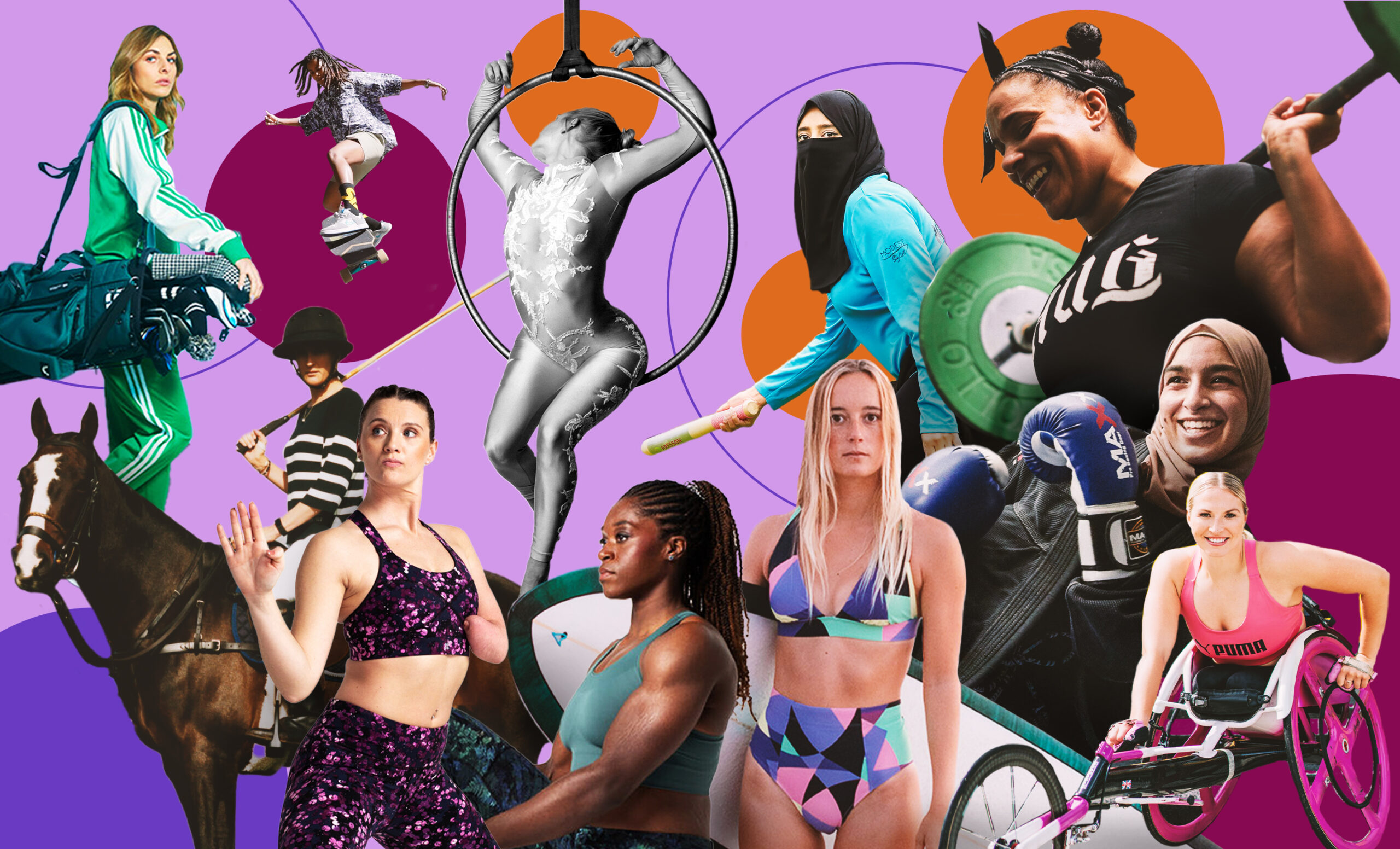
Title image: A selection of imagery created and produced by Glorious Sport
Editorial Design by Root
